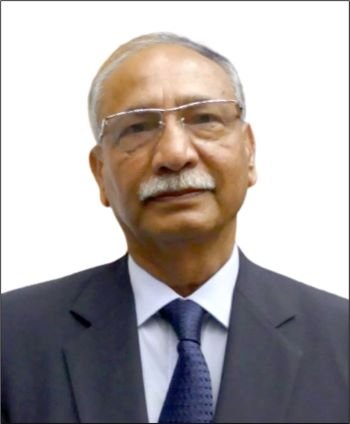A Reform Agenda

There is an urgent need to agree upon an effective internal security and governance framework. The following are some recommendations:
1) The federal government must come up with a national strategy against organised crime. The FIA is the lead institution against interprovincial and transnational organised crimes. An inter-agency task force may be constituted to come up with a national strategy against TOC (including money laundering and terror financing).
2) FIA and NAB are premier anti-corruption institutions, with overlapping legal mandates. Unfortunately, both have been often misused for political purposes at the behest of the ruling elite and security establishment. An independent commission against corruption must be established to review their performance and introduce meaningful reforms to promote integrity, ensure neutrality and enhance professionalism of these instruments of accountability.
3) The criminal justice system is broken and requires far-reaching reforms. This involves a concerted effort by the interior and law ministries, the attorney general’s office and the Law and Justice Commission to come up with an action plan. A criminal justice commission, to be headed by a former Supreme Court chief justice of impeccable credentials is the need of the hour.
4) The National Police Bureau in the interior ministry should implement police reforms. A Police Reforms Committee constituted by the Supreme Court in May 2018, among whose members are nine retired and all the current serving IGPs, submitted its report to the Law and Justice Commission in January 2019. The report in two volumes was sent to the federal government (interior and law ministries) and provincial governments (chief secretaries) for implementation. Vested interests have scuttled the efforts to introduce meaningful police reforms.
5) Reforming the Police should be accorded the highest priority. A start could be made by establishing an independent police complaints authority under the police law of 2002. A retired judge or police officer of unimpeachable integrity should be appointed for three years, along with six non-political members by the public service commission, to address public complaints against the police, especially at operational levels.
6) Civil service reforms are direly needed. While some measures were recommended by the task force for restructuring of government machinery, what is really needed is to depoliticise the bureaucracy and inculcate public service ethos. This can only be achieved through security of tenures, merit-based recruitments and proper career planning.
Finally, let us frankly admit that in Pakistan we have failed to resolve the conflict between the state and the republic. Frequent military rule has resulted in erosion of democratic institutions. There is a constant tension and an undercurrent of mistrust between the military and civilian leadership. It reflects a paradox of power. The military draws a clear distinction between the defenders of state — the embodiment of the national interests — as opposed to those who are perceived as defenders of special interests, like the leadership of political parties, feudal barons and business tycoons. It is in fact a crisis of leadership and institutions. Sadly, our political leadership has often faltered in promoting good governance and setting an example of probity and wisdom in steering the ship of the state under crises. The responsibility for good governance is on the political leadership. If they think that by giving extension in service to army chiefs, they can attain stability of tenure and promote the mantra of civilian and military on same page, they are sadly mistaken.
Pakistan needs to choose between decline under an authoritarian state or the renewal of the vision of its founding father to be a democratic, enlightened and progressive republic. Both the state and the republic need to converge around this democratic way forward.
Tariq Khosa
Director CGR
24 April 2023
